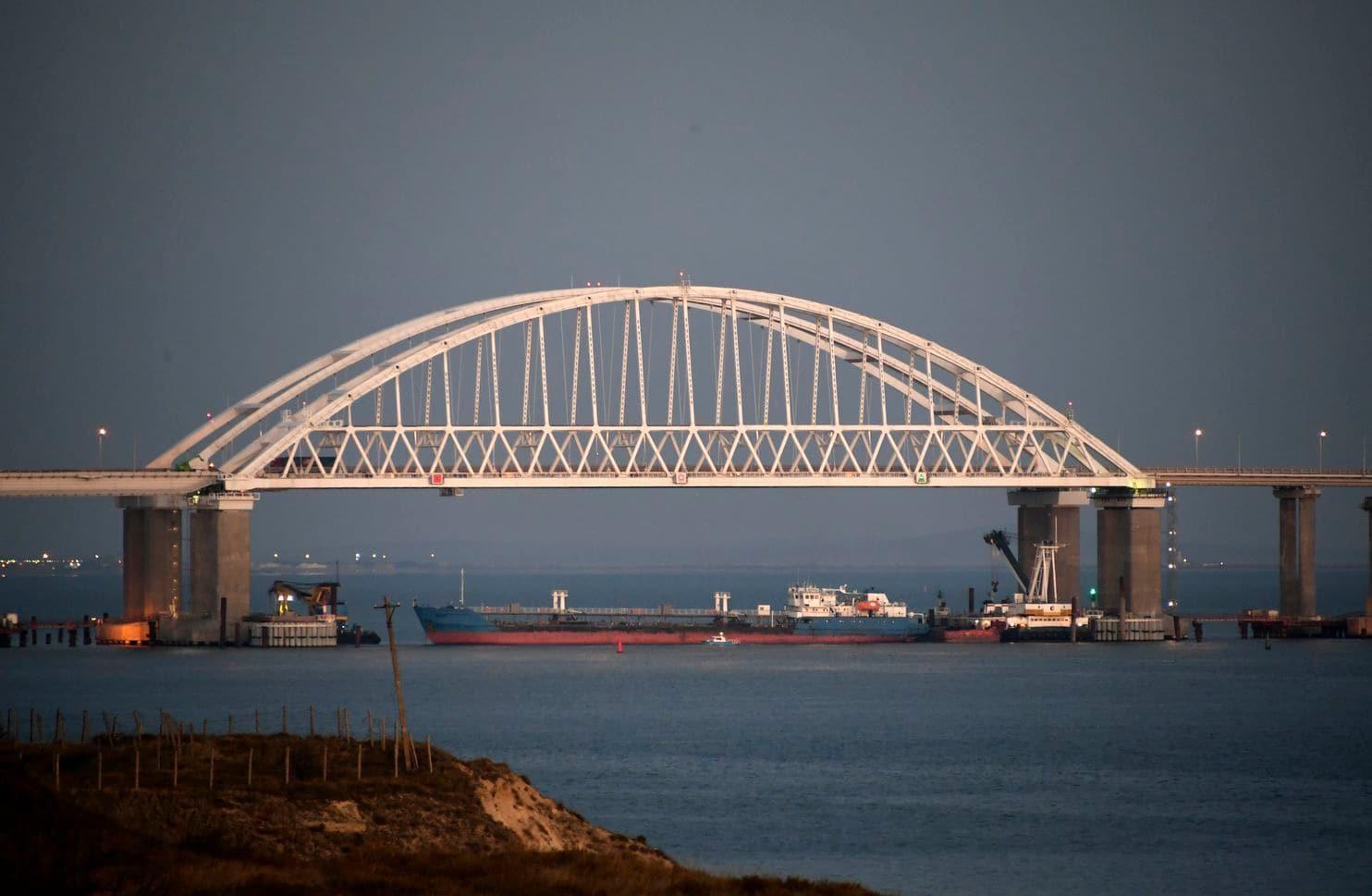Turkey opts for non-confrontational measures in Black Sea
Sevil Erkuş - BRUSSELS

While Ukraine seeks international backing for its Black Sea standoff with Russia and asks NATO to increase its presence in the Black Sea, members of the alliance avoid taking military steps that will further escalate tension in the region. Turkey’s position sides with the alliance in this case.
The foreign ministers of NATO met in Brussels on Dec. 4 for discussions dominated by the security challenges from Russia. Allied foreign ministers debated ways to dissuade Moscow from destabilizing Ukraine and encourage it to respect a landmark Cold War-era nuclear treaty.
NATO foreign ministers opt for political support for Ukraine and are not keen on not providing naval escorts or any military assistance beyond what’s being done now.
The alliance has been increasing its presence in the Black Sea in the past several years, along with military training activities for Ukraine, a NATO official said on condition of anonymity, but did not present any new measures since the last escalation between Russia and Ukraine.
Russian border guards last week fired on three Ukrainian navy vessels in the Black Sea near the Russia-occupied Crimea. The vessels and the crews were captured.
Recalling that Turkey is the largest riparian country in the Black Sea, a Turkish official expressed concerns that a military action can escalate tension in the region.
“We do not want the acceleration of tension in the region over military incidents,” said the official on condition of anonymity.
Novator 9M729’s range can cover Turkey too
Turkey’s position on the Intermediate-range Nuclear Forces Treaty (INF) is the maintenance of agreements and that all parties, including Russia, fulfill the obligations of the treaty.
The treaty, which aimed to mitigate the nuclear war threat, was initiated near the end of the Cold War period as a part of the disarmament process and permits the use of mid-range missiles that have a range between 500 and 5,500 kilometers.
Russia’s new medium-range missile Novator 9M29 has the capacity to pass the range of 500 kilometers by using different launch pads. This range, which includes Turkey, can be a threat to the security of European countries.
The INF Treaty, signed in 1987, forms the basis of Europe’s security architecture. The U.S. accuses Moscow of breaching the deal with its Novator 9M729 cruise missile and threatens to pull out of the treaty.
Turkey supports Bosnia’s annual national program process
Bosnia and Herzegovina is likely to get a green light at the NATO meeting to take a major step on the path toward future membership in the world’s biggest military alliance. NATO’s foreign ministers are expected on Dec. 5 to invite Bosnia to submit its first reform action plan, part of the alliance’s Membership Action Plan, or MAP process, which helps prepare countries for accession.
Supporting NATO’s Western Balkan initiative, Ankara also supports the alliance’s adoption of the Annual National Program to develop its relations with Bosnia and Herzegovina. Noting the importance of Bosnia and Herzegovina’s integration with Euro-Atlantic institutions in terms of achieving stability in this country and the region, the Turkish official stressed that taking steps on the Annual National Program would strengthen the hand of Sarajevo against Russian-backed parties opposing its NATO membership.
















